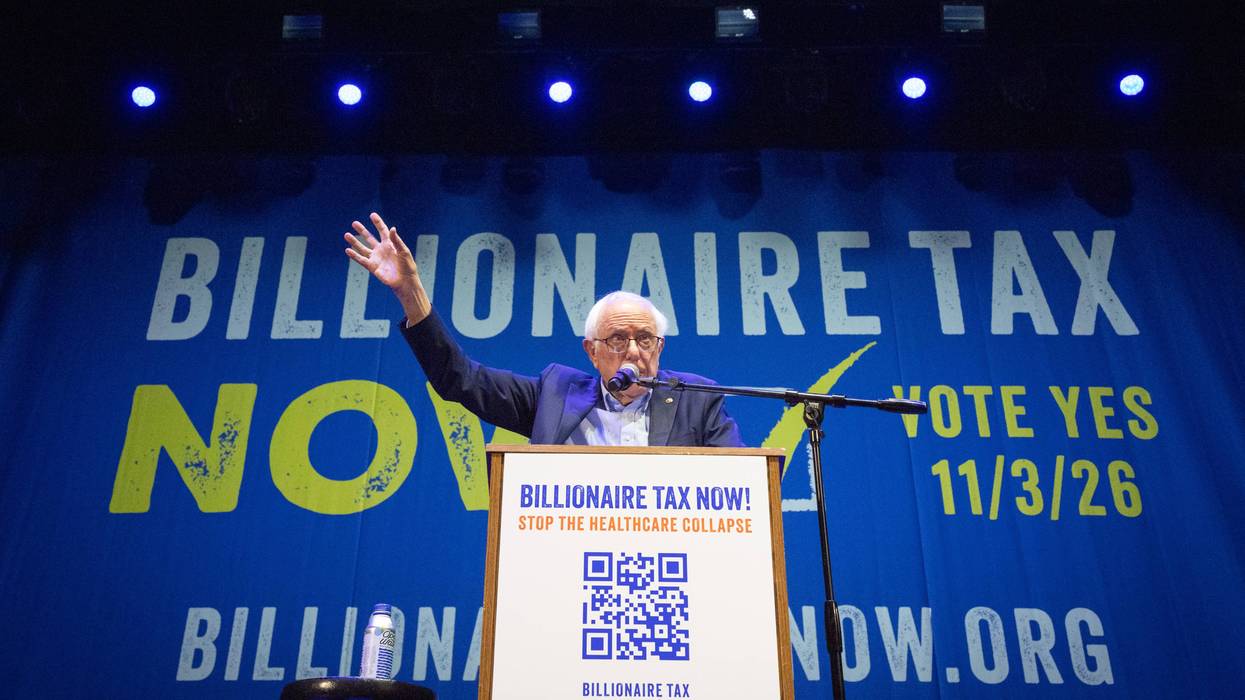Two dam failures and catastrophic flooding in central Michigan, which also prompted a low-level emergency notification (NRC event #54719) at a nearby nuclear research reactor in Midland, have exposed the almost impossible challenge of evacuating people to safety during simultaneous catastrophic events.
The sudden need to evacuate large numbers of people from severe flooding -- also threatening to compromise a Dow chemical facility that uses a research reactor -- during a time of national lockdown due to the Covid-19 pandemic, raises "serious questions and concerns about the emergency response readiness and the viability of evacuation that might simultaneously include a radiological accident," said Paul Gunter, director of the Reactor Oversight Project at Beyond Nuclear, a national anti-nuclear advocacy organization.
Michigan authorities were forced to face a "no-win compromise" between protecting the public from exposure to Covid-19 while at the same time moving people out of harm's way, after heavy rains caused failures at the Edenville and Sanford dams, leading to devastating floods. The Dow plant insists there have been no chemical or radiological releases, but the situation will be evaluated once floodwaters recede. Fortunately, no full-scale commercial nuclear power plant was in the path of the Michigan floods.
Operating nuclear power stations are required by federal and state laws to maintain radiological emergency preparedness to protect populations within a ten-mile radius from the release of radioactivity following a serious nuclear accident. These measures include mass evacuations.
However, many communities around the nation's 95 commercial reactors are presently sheltering-in-place at home as a protective action during the Covid-19 pandemic.
"The Michigan flooding has forced the relocation of thousands of citizens from their stay-at-home shelters into the social distancing challenges of mass shelters," Gunter said. "Evacuating tens of thousands from a radioactive cloud to mass shelters, as is presently planned during a nuclear emergency, raises difficult if not impossible choices under pandemic conditions."
In fact, a Memorandum of Understanding (MOU), Sect.03.02, p.2, between the U.S. Nuclear Regulatory Commission (NRC) and the Federal Emergency Management Agency (FEMA) already obligates the federal government to re-exam radiological emergency plans around nuclear facilities specifically in response to a pandemic, and to identify any shortcomings, deficiencies and enhancements that might be needed under such conditions.
But to date, neither agency has publicly taken the initiative to do so. In fact, the NRC actions are focused on relaxing safety measures required by operating licenses, resulting in extended work hours for reactor operators and security guards, and deferred safety inspections and repairs for as much as another 18 months. This makes an accident more likely.
"Given what we see in Michigan, the NRC and FEMA should lose no time in reviewing the viability of their radiological emergency plans, and publicly take action to make any necessary enhancements or shut these nuclear facilities down," Gunter said.
Beyond Nuclear has identified two such actions under the MOU as vital to public health:
- NRC and FEMA must conduct a "Disaster Initiated Report", as mandated by the MOU, on the adequacy of offsite radiological emergency response plans during the pandemic, and;
- Federal and state response plans need to be bolstered by the immediate pre-distribution of potassium iodide (KI) tablets by direct delivery to every resident within the ten-mile radius of U.S. nuclear power stations, now, before any accident occurs. This is in accordance with disaster medicine expert recommendations including from the American Thyroid Association (ATA).
KI, if taken promptly in advance or shortly after exposure to radioactive iodine, is recognized by the US Food and Drug administration as a safe, inexpensive and effective prophylactic prevention for thyroid cancer and other developmental disorders caused by exposure to highly mobile iodine-131. Radioactive iodine is a gas released early in a serious nuclear accident.
KI is particularly important for the protection of infants, young children and pregnant women and should be readily on hand, according to the ATA and the American Academy of Pediatrics.
The ATA further recommends stockpiling KI tablets in schools, hospitals, police and fire stations from 10 miles out to 50 miles from every nuclear power plant. These institutions could then serve to pre-distribute KI free through the mail upon request to every home and business within 50 miles of an operating nuclear plant.
"KI is a critical adjunct to evacuation, but it should not replace evacuation from a nuclear accident, even during a viral pandemic," Gunter said. "If faced with an immediate threat to life, perhaps even a triple threat such as an extreme flood, a nuclear accident and Covid-19 exposure, evacuation must be the immediate decision," he said.
"But at least having KI tablets on hand provides for a reasonable protection from the radioactive iodine, a fundamental human right while seeking to shelter farther away from a nuclear accident," Gunter added.
"The prospect of a nuclear disaster prompting a mass evacuation during a viral pandemic reinforces the need for an energy policy focused on safe, clean and affordable renewable energy," said Gunter. "It's time to remove the added and unnecessary danger presented by the 95 nuclear reactors still operating in the US today, and transition to a rapid phaseout before a nuclear emergency during a pandemic becomes a nightmarish reality."





